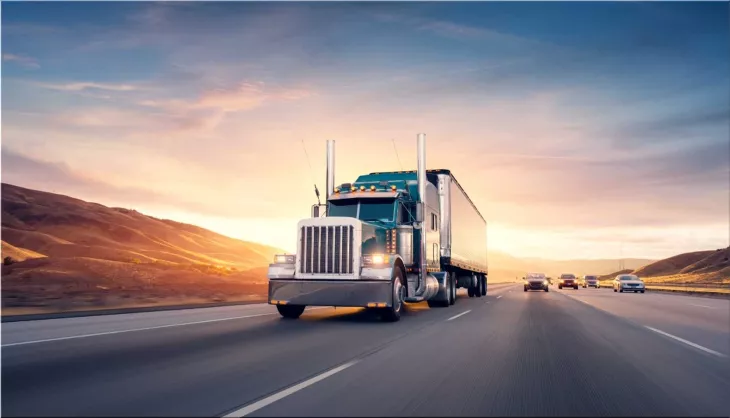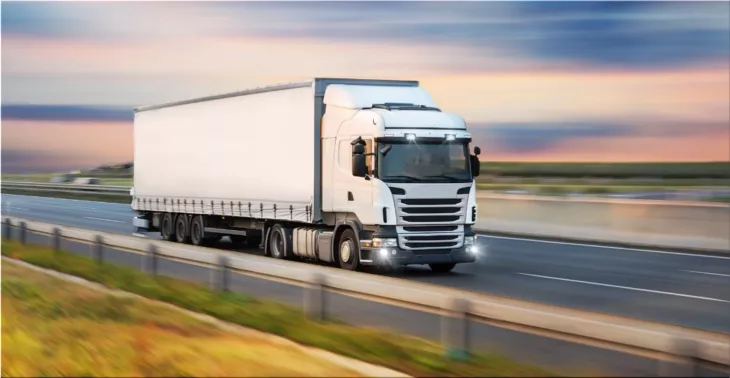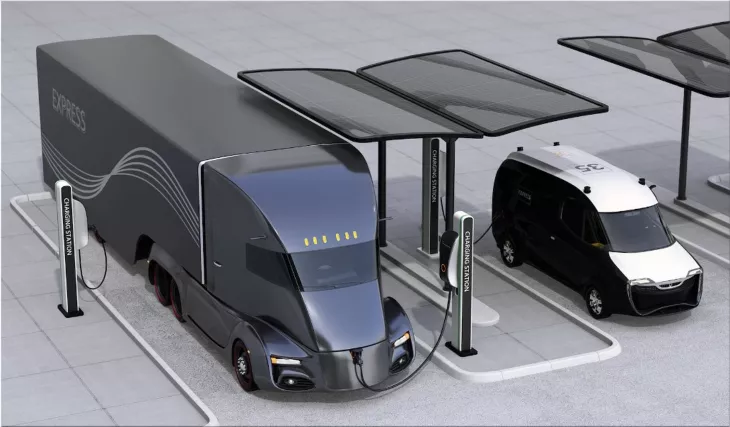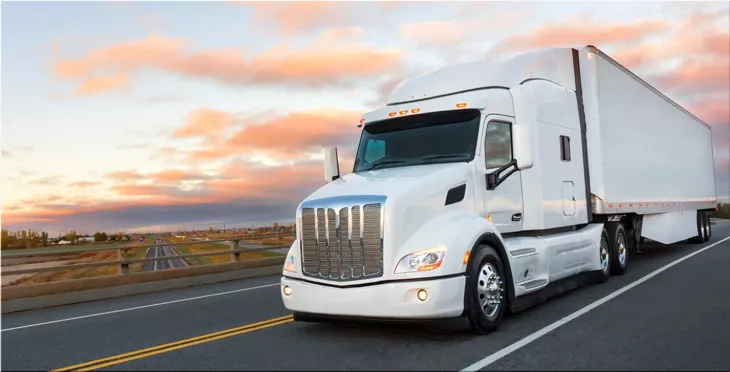The trucking industry is one of the global economy's most vital and dynamic sectors, transporting goods and services across countries and continents. However, the industry faces many challenges, such as rising fuel costs, environmental regulations, driver shortages, safety issues, and customer demands. To overcome these challenges and stay competitive, the trucking industry needs to embrace technology and innovation. We will explore how technology is transforming the trucking industry in 2023 and what are the benefits and challenges of this transformation. We will focus on three main areas: fleet management, autonomous driving, and electric vehicles.
Fleet management: One of the ways technology is transforming the trucking industry in 2023 is by improving fleet management. Fleet management refers to the process of optimizing the performance, efficiency, and safety of a group of vehicles. Technology can help fleet managers monitor and control various aspects of their vehicles, such as location, speed, fuel consumption, maintenance, driver behavior, and cargo status. For example, GPS tracking systems can provide real-time data on the whereabouts and routes of trucks, while telematics devices can collect and transmit information on the vehicle's condition and performance. These technologies can help fleet managers reduce costs, improve customer service, and comply with regulations.
Autonomous driving: Another way technology is transforming the trucking industry in 2023 is by enabling autonomous driving. Autonomous driving refers to the ability of a vehicle to operate without human intervention, using sensors, cameras, radar, lidar, and artificial intelligence. Autonomous driving can offer many benefits for the trucking industry, such as reducing driver fatigue and errors, increasing safety and productivity, and lowering emissions and fuel consumption. For example, platooning technology can allow trucks to communicate and coordinate with each other, forming a convoy that can drive closer together and save fuel. However, autonomous driving also faces many challenges, such as legal, ethical, social, and technical issues.
Electric vehicles: A third way technology is transforming the trucking industry in 2023 is by promoting electric vehicles. Electric vehicles refer to vehicles that use electricity as their main source of power instead of fossil fuels. Electric cars can offer many advantages for the trucking industry, such as reducing greenhouse gas emissions and noise pollution, improving air quality and public health, and lowering operating and maintenance costs. For example, battery electric trucks can run on rechargeable batteries that store electricity from the grid or renewable sources, while hydrogen fuel cell trucks can generate electricity from hydrogen and oxygen. However, electric cars also face many barriers, such as high upfront costs, limited range and infrastructure, and technical difficulties.
Technology is transforming the trucking industry in 2023, offering many opportunities and challenges for the sector. Technology can help improve fleet management, enable autonomous driving, and promote electric vehicles, bringing benefits such as cost savings, safety improvements, environmental protection, and customer satisfaction. However, technology also poses many barriers, such as legal, ethical, social, and technical issues, which need to be addressed and resolved. The trucking industry needs to adapt and innovate to keep up with the changing demands and expectations of the market and society. Technology is not a panacea but a tool that can help the trucking industry achieve its goals and vision.



































